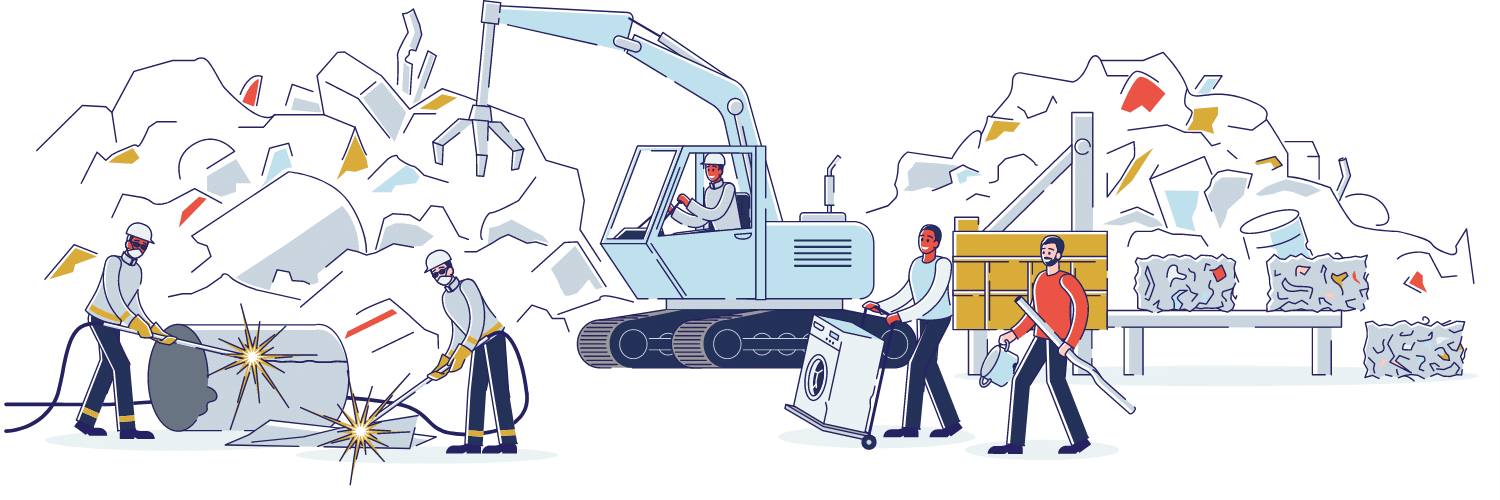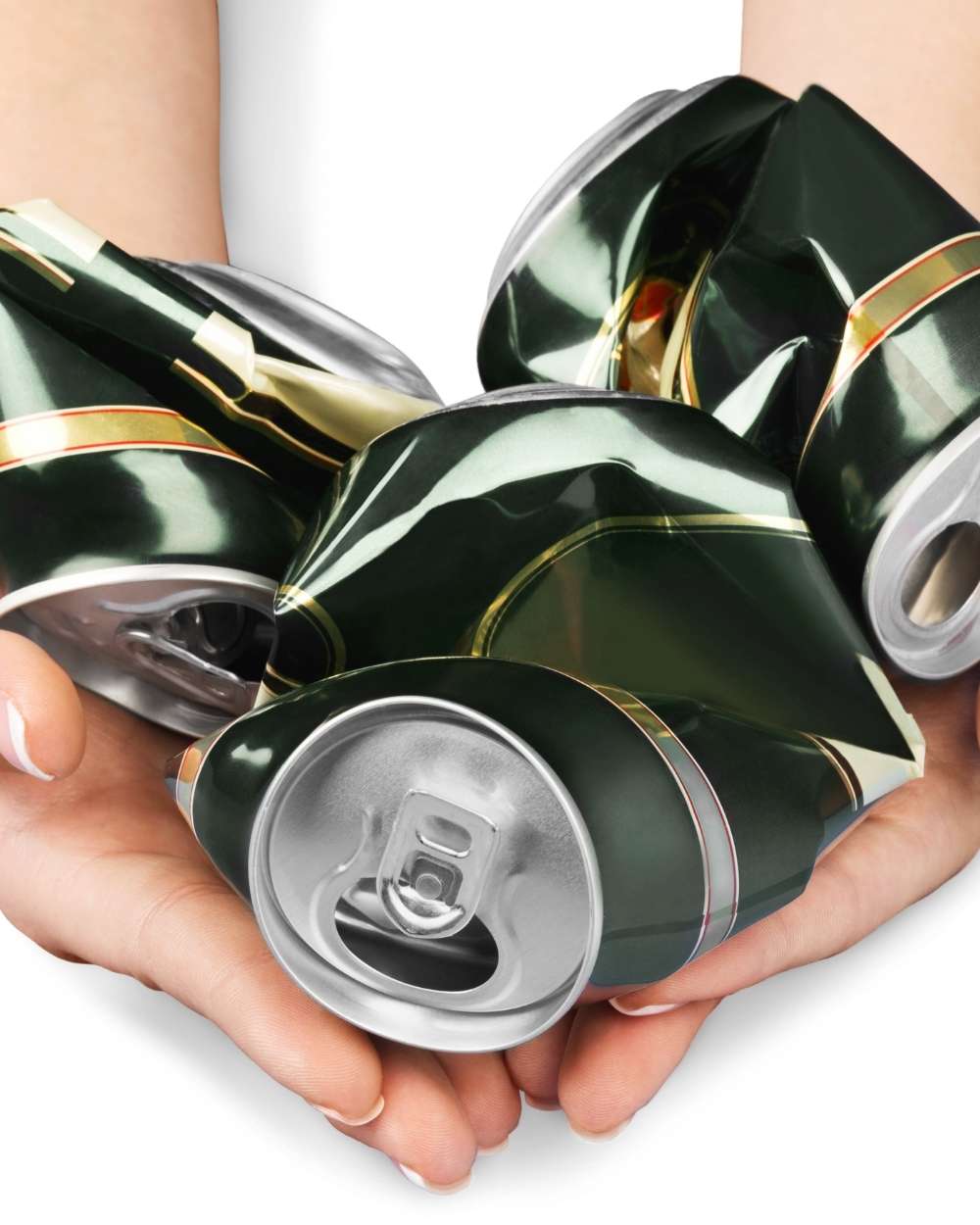Aluminium Recycling Melbourne

Aluminium is one of the most widely used products in the world. It can be found in most places around the home and is used extensively in offices, factories, and commercial environments. Two-thirds of the aluminium ever produced is still in use today.
How Much You Can Earn with Aluminium Recycling Melbourne?
The prices you can get will depend largely on the grade of scrap aluminium you deliver and the price of aluminium on the International Metal Exchange at the time.
One of the main factors in grading any metal is the level of impurities. Impurities for aluminium include plastic coating, steel cords, lead, or other attachments used when the product is manufactured. The fewer attachments, the cleaner the aluminium, and the higher the value of your aluminium scrap!
As different impurities can give your aluminium a different classification, it’s a good idea to drop it into one of our sites with a sample to obtain an accurate quote from one of our experts.
Aluminium Scrap Metal We Buy
Aluminium Cans
Loose whole or flattened aluminium beverage cans, free from excessive dirt, liquid, or other foreign materials.
Aluminium Wheel Rims
Most common in cars and trucks, aluminium rims are another type of aluminium scrap that should be sorted. To maximize your profit, make sure that rubber tyres are removed from them.
Aluminium Extrusion
Aluminium Extrusion Scrap shall consist of clean aluminium profile extrusions, including window and door frames. It must be free of iron inserts, screws, plastic, rubber, or other foreign materials.
Pure Aluminium Wire
Shall consist of new and old, clean, unalloyed aluminium wire or cable containing not over 1% free oxide or dirt and free from hair wire, steel cord, wire screen, iron, insulation, and other non-metallic items.
Aluminium Sheet
Aluminium sheets consist of the new, clean, uncoated, and unpainted sheets, free of hair wire, wire screen, dirt, and other non-metallic items.
Engines & Gearboxes
Oil Free Irony engine and transmission scrap (Min 25% aluminium) No cast iron blocks attached.

Aluminium Recycling Melbourne
Aluminium scrap is often classified as “new scrap” in production and “old scrap” after consumption.
The manufacturing of aluminum semi-fabricated and finished products can produce new scrap. Old scrap aluminum refers to products that have been disposed of by consumers. Old scrap aluminium is more polluted than new scrap. Old aluminium scrap can come from many sources, including demolished buildings, old packaging material, household appliances, machinery equipment, and end-of-life vehicles.
Scrap aluminum cans, scrap metal, and other scrap are often collected and sorted by complex schemes that involve millions of households, regional and local authorities, small and large collectors, and metal merchants. The effectiveness of collection programs can also be affected by environmental policies and waste.

The scrap aluminum may need to be further separated and pre-treated before it can be used in melting furnaces. This process stage can be accomplished by various mechanical operations such as gravity, magnetic, eddy current, and colour sensor. You can also use x-rays to further separate different aluminum alloys. Casting alloys and wrought alloys are often separated before any mechanical processes.
To transform aluminium scrap into aluminum metal, other input materials are required. Aluminium products have many functionalities and characteristics that are dependent on alloy elements. Salt flux is used to remove impurities in scrap aluminium.
Environment Benefits of Scrap Aluminium Recycling
All forms of recycling, aluminium included, benefit the environment. Recycling one aluminium can could save enough energy to power a TV for up to three hours. (You could watch three full episodes on Netflix!) Recycling aluminium does not just save valuable energy; it also reduces the amount of scrap metal that gets sent to the landfill each year. In 2010, Australians only recycled 67.4% of their aluminium cans despite 93% of Australians having access to kerbside recycling services. Some aluminium products can take up to 500 years to decompose. The more aluminium we recycle, the more usable land we save for ourselves and future generations. Aluminium, which does not degrade or deteriorate while being recycled, can be recycled an infinite number of times, so there is no reason not to recycle it. Recycling aluminium saves the environment in other ways too. For each tonne of recycled aluminum, five tonnes of bauxite (raw materials) are conserved.
